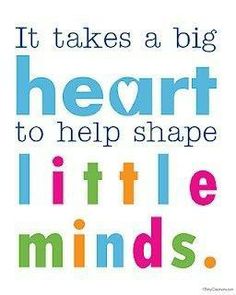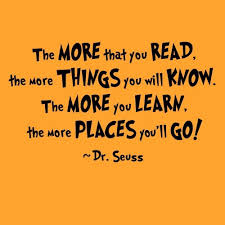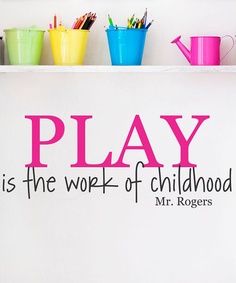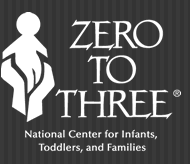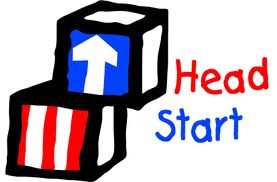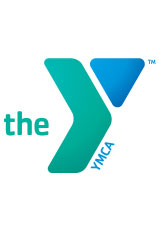From this course we gained a wealth of information that has helped us gain knowledge and strengths within the early childhood field. There are three deeply felt learning’s that I have gained from this program that I wish to share. My new found passion for anti-bias work, the importance of leadership, and my own ability to network with other early childhood professionals. I have found from the work I have done for this program my passion for anti-bias work has flourished. I have implemented the importance of anti-bias work to my teachers at my daycare center. I have also done a staff development training on anti-bias work and had preschool teachers create lessons on diversity. Before I took over as director, 63 of the 64 children were white, middle to high class families. Not only the staff but also the children had little to no exposure to diversity. I truly believe because of my master’s program I have gained a better understanding of the importance of anti-bias work and have implemented the importance through my work.
I feel a huge part of my success in the early childhood field will be due to my ability to understand my leadership style. Before I can establish myself as a strong professional in the field I feel I must understand myself as a leader and the ability of leading a group. From this program I have learned the importance of creating leadership groups and the different roles individuals can play. From the beginning of this program we have been faced with assignments that have allowed us to jump out of our comfort zone and network with other early childhood professionals. I know feel because of this course I have the ability to outreach and talk to any early childhood professionals in the field. From this program I gained experience interviewing, observing, and collaborating with other professionals which has built up my ability to network with others.
As my master program comes to an end the most out weighing long term goal I have set for myself is to continue working in the early childhood field by gaining an administrative role for our local school district. This goal is so important to me because I wish to continue my advocacy for the early childhood field which a position at the school would do. It would also allow me to continue to collaborate and network with other professionals within the field. The opportunities for early childhood exposure at our school district are huge. The school district collaborates with local and state professionals to better serve the children of our community. I unfortunately applied for a position last week with the school district, had an interview but did not receive the job. It was not an administrative role, however, it was a position at the early childhood office which would help me network and build school connections.
To Ms. Dartt and my colleagues,
I could not thank you enough for the collaboration we built throughout this course. Your continued efforts towards your own success have helped me achieve my goals as well. An example of this would include your timely response to initial posts and responses to blogs and discussions. Without your input I would not have gotten as far in this course. I looked to Dr. Dartt and my colleagues for advice and ideas. We shared personal and professional experience which has impacted my work in the early childhood field. Some examples of this include just this week, a colleague opened up my eyes to the way in which I understand my own style of leadership. When discussing my leadership in prior assignments I looked at it through the viewpoint of how I want my employees to view me. However, leadership is also how you impact the children you work with, which is evident to me, however, I must focus on this as an important component to my leadership style.



